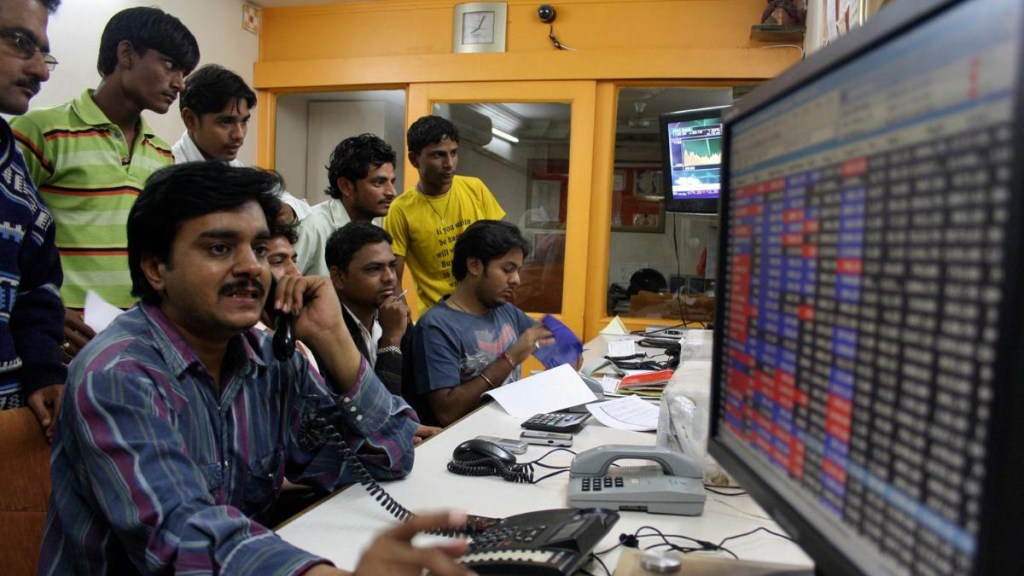Foreign institutional investors (FII) bought shares worth net Rs 61.51 crore, while domestic institutional investors (DII) added shares worth net Rs 305.09 crore on August 29, 2023, according to the provisional data available on the NSE.
For the month till August 29, 2023, FIIs sold shares worth net Rs 17,152.87 crore while DIIs bought shares worth net Rs 19,310.95 crore. In the month of July, FIIs bought shares worth net Rs 13,922.01 crore while DIIs sold equities worth net Rs 1,184.33 crore.
“Domestic indices traded in positive territory for the second consecutive day amid gains in global equities. Nifty extended its previous day’s momentum and closed with gains of 37 points at 19343. Sectorially it was a mixed bag with buying seen in Metals, Realty, Consumer Durables, and Auto. The metal sector was in momentum after China announced a stimulus to support the economy. Niche sectors like Speciality Chemicals saw buying interest after a long time on the back of news flows regarding the surge in chemical prices in China,” said Siddhartha Khemka, Head – Retail Research, Motilal Oswal Financial Services.
“The market is moving in a range and we expect this trend to continue given the data-packed week and monthly derivatives expiry. Further, consistent selling by FIIs and poor monsoon in the month of August raised concern among investors, thus keeping the upside limited,” Siddhartha Khemka added.
On Tuesday, domestic indices ended in positive territory. The Nifty shut shop in the green at 19,341.4, up 0.18% and the Sensex ended trade at 65,075.82, up 0.12%. Realty, metal and power stocks were in the limelight with the Nifty Realty Index clocking over 1% gains. The top gainers included UPL, Hindalco Industries, Adani Ports, Hero MotoCorp and Tata Steel while the top losers for the day included Bharti Airtel, HUL, Axis Bank, Dr Reddy’s Laboratories and Reliance Industries.
Foreign institutional investors (FII) or Foreign portfolio investors (FPI) are those who invest in the financial assets of a country while not being part of it. On the other hand, domestic institutional investors (DII), as the name suggests, invest in the country they’re living in. Political and economic trends impact the investment decisions of both FIIs and DIIs. Additionally, both types of investors – foreign institutional investors (FIIs) and domestic institutional investors (DIIs) – can impact the economy’s net investment flows.

